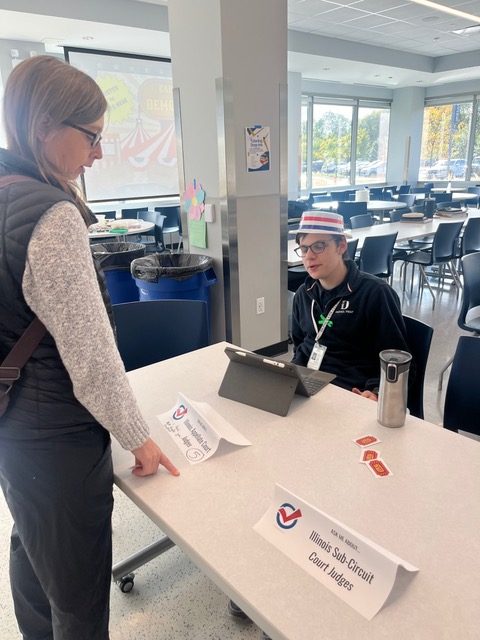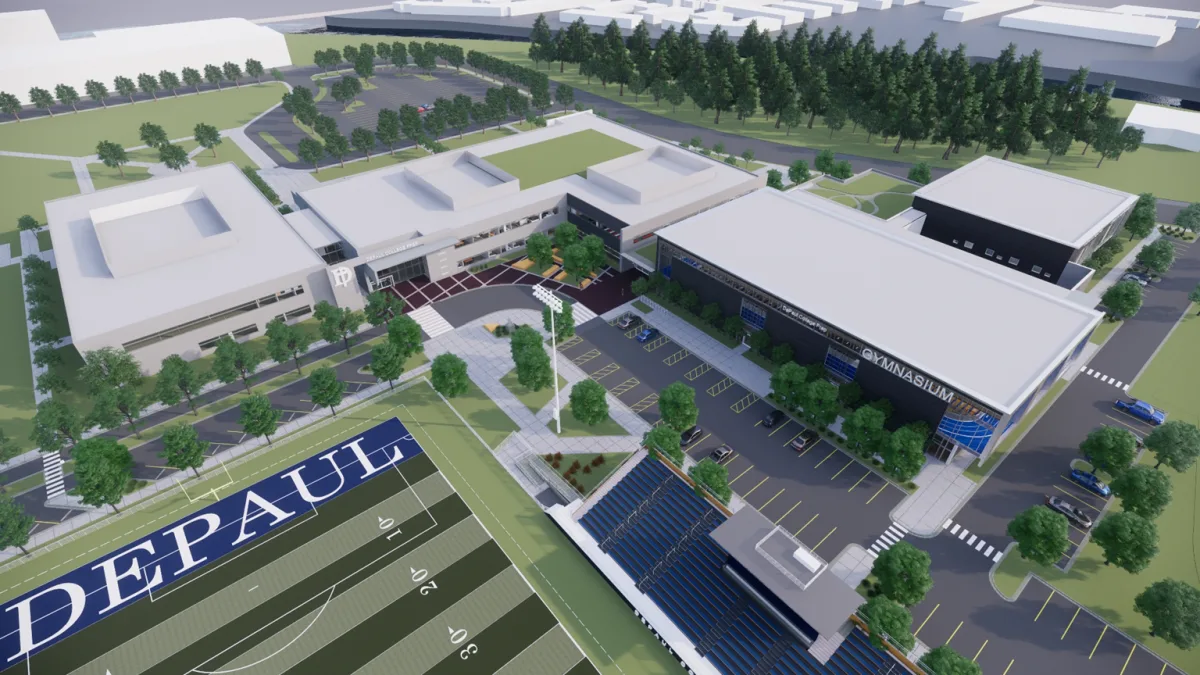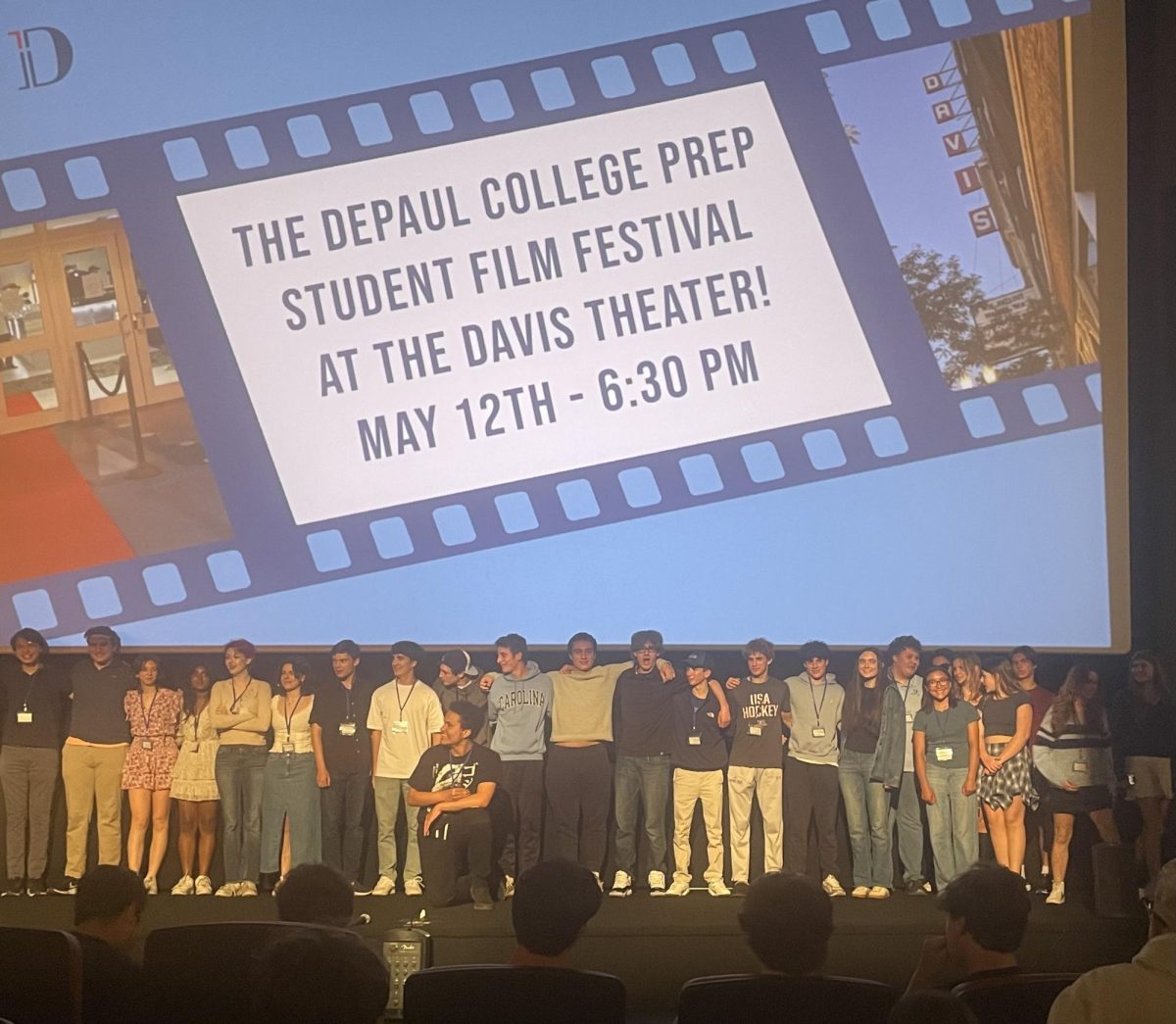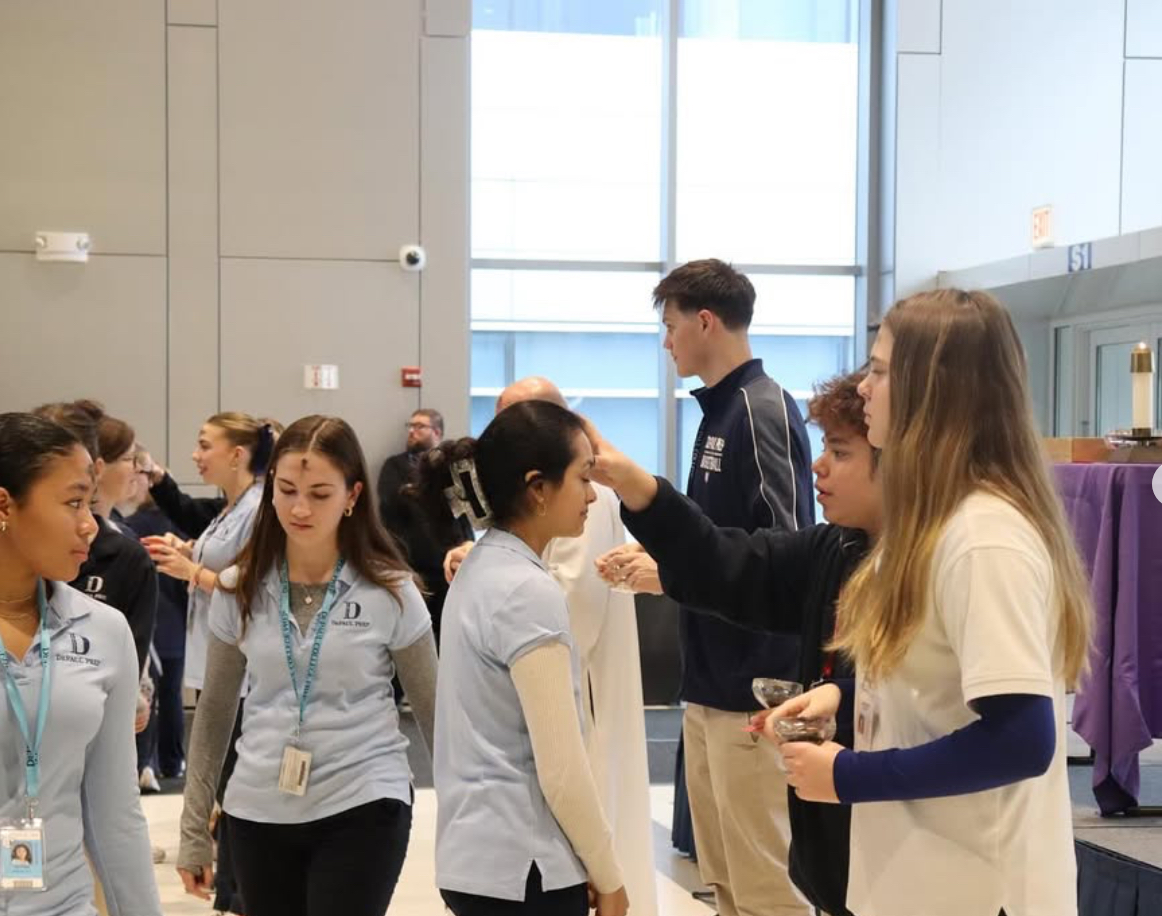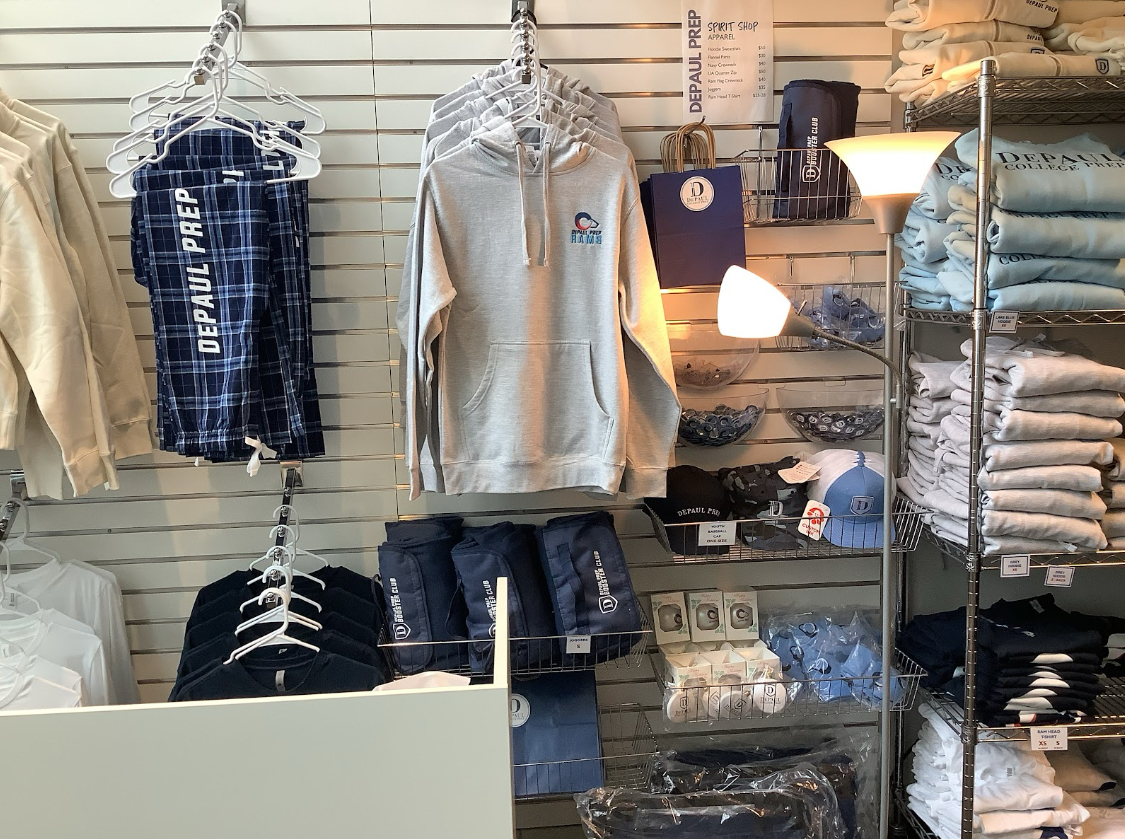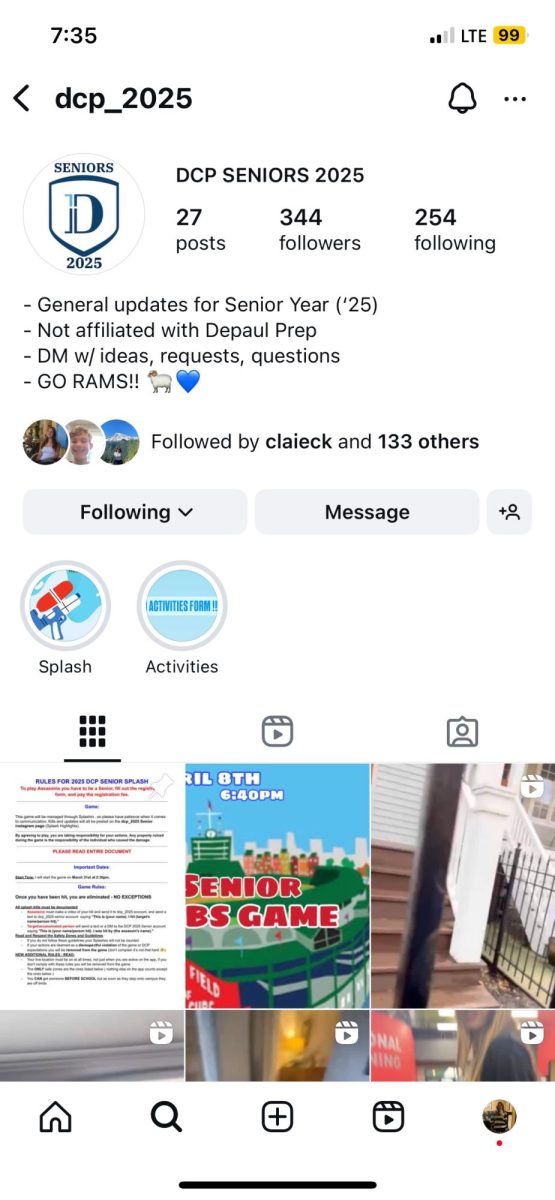This November, the whole country watched as people across the United States voted for the next president. Most sources agreed that this election could not be easily predicted, and it was likely to come down to seven key battleground states: Arizona, Georgia, Michigan, Nevada, North Carolina, Pennsylvania, and Wisconsin.
The reason these states played such a key role in the election was because of the electoral college. AP U.S. Government teacher Matthew McDowell said this is something his class focused on. Students in McDowell’s learned about the structure and purpose of the electoral college, and then were able to participate in debates surrounding the relevancy of the electoral college and its role in the election.
McDowell’s AP Government class focused on the election from a data standpoint, he says. By looking at data from a “myriad of sources,” seniors taking AP Government were able to focus on analyzing how polling data changes across demographics.
Additionally, students taking AP Government had the opportunity to participate in mock presidential elections, in which students had the opportunity to try their hand at running and managing a presidential campaign. Through this lens, students were able to analyze the impact of interest groups and their role in a presidential candidate “getting any headway,” as well as the budgeting behind presidential campaigns and the process of the primary and caucus systems. The mock election was the “icing on the cake” to everything that had been covered in class leading up to the election, said McDowell.
Rico Moreno, a college prep US Government teacher, similarly focused on helping students build an understanding of how the election process works, he said. However, he also spent time in his CP Government class focusing on local-level elections. “A lot of people focus on the presidential election, when there’s so much going on here in Chicago,” he says. Students in Moreno’s Government class reached out to local representatives on the city and state level “about an issue they were passionate about,” and “some even got responses,” he said.
A new event centered around the election process at DePaul Prep was the “Carnival of Democracy,” hosted by Rho Kappa members and moderator Joseph Hohrein. This event centered around getting seniors who recently turned 18 registered to vote in the national election. However, the event also offered food, including hot dogs and baked goods, as well as carnival games. Hohrein says the inspiration for the theme of the event came from “a baseball game or a picnic, something very American.” All Rho Kappa members were encouraged to participate in some way, and turnout for the event included both teachers and students, says Hohrein.
Another way for students to express their feelings towards the election was through an event co-hosted by Rho Kappa and the Banter Brigade club. The two clubs came together on the day after the election to discuss feelings, results, and data from the election in “a place where people can share their opinions, frustrations, and anxieties” surrounding the topic, Hohrein said.
A key point emphasized by Hohrein, McDowell, and Moreno, is the importance of civic participation by students. Whether that participation comes in the form of education, voting, or raising awareness for topics important to them, student participation is something sought after by the social studies department at DePaul Prep.
Hohrein said, “Changes we make and want happen at the ballot box, even if it feels like you’re just a tiny drop in a big ocean.”


